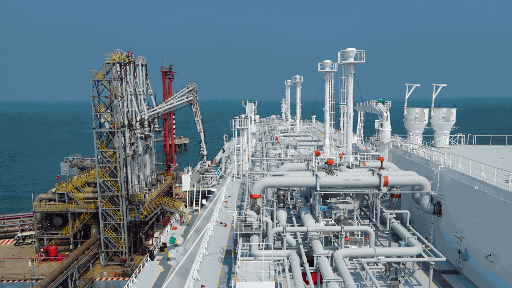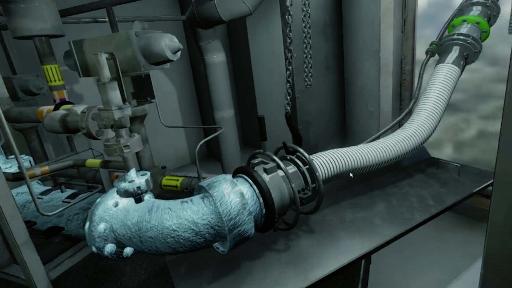
As part of the ongoing drive for a greener and more sustainable future in the Maritime Industry, the International Maritime Organization (IMO) member states agreed to cut the total annual Greenhouse Gas Emissions in half, by 2050 – this was in-Iine with the initial IMO strategy on the reduction of Greenhouse gas emissions from ships. Moreover, This has seen the development of the EEXI or the new Efficiency Existing Ship Index Legislation which is a framework that helps determine the energy efficiency of service vessels that fall under MARPOL Annex VI; which aims to further help urge ship owners to reduce their carbon footprint.
Alternative Fuel Options
In light of the current global drive for a greener future, alternative fuel options and technologies are being constantly developed. DNV GL has identified LNG, LPG, methanol, biofuel and hydrogen as the most promising solutions. (DNV, 2018) Out of the mentioned alternative fuel options, LNG has subjugated international legislations and regulations have been put in place, as such, more ship owners are leaning towards converting their fleet to LNG to become industry compliant.
GigaMare’s contribution to a greener, more sustainable future
By closely coordinating with various clients, GigaMare does its part in helping the mission and vision of the Getting to Zero Coalition for a sustainable and greener future. This begins by helping identify the knowledge gaps that may arise in the future during the transition to decarbonization. At the moment, GigaMare is in the process of constantly revamping its LNG Simulator to help address real world challenges and scenarios.

GigaMare helps create a positive impact by constantly looking for ways to provide support to its clients in the Maritime Industry, be it in developing IMO compliant courses, or helping companies identify competency gaps, and helping fill in these gaps through trainings that make a difference.